Singapore has long been recognized as a global leader in urban planning, with policies that emphasize sustainability, livability, and innovation. The city-state’s commitment to creating smart, eco-friendly towns is evident in its ambitious Green Plan 2030, which sets clear targets for reducing carbon emissions and promoting sustainable living. Tengah, Singapore’s newest housing town, is a showcase of these principles in action.
The Tengah Garden Residences developer plays a pivotal role in this transformation. By aligning with government policies, the developer ensures that housing projects are not just about providing shelter but about shaping communities that reflect Singapore’s vision of a greener, smarter future. This collaboration highlights how private developers and public agencies can work hand in hand to deliver housing solutions that meet both environmental and social goals.
Singapore’s Green Plan 2030 and Housing Policy

The Green Plan 2030 is a nationwide strategy that sets targets across energy, transport, and urban development. Housing policy is central to this plan, as residential areas account for a significant portion of energy use and carbon emissions.
Tengah Garden Residences is designed with sustainability at its core, incorporating features such as energy-efficient appliances, solar-ready infrastructure, and green building materials. These measures reduce environmental impact while enhancing the quality of life for residents. For those considering property as part of their portfolio, understanding the advantages and disadvantages of investing in real estate provides useful context alongside Singapore’s sustainability-driven housing policies.
Beyond the physical structures, the town integrates nature into everyday living. Tengah is planned as Singapore’s first “forest town,” with extensive green corridors, community farms, and parks. This approach reflects the government’s emphasis on biophilic design, which connects people with nature and promotes healthier lifestyles.
Smart Towns and Car-Lite Living
Singapore’s urban vision extends beyond sustainability to embrace smart technology and mobility. Tengah is designed as a smart town, equipped with digital infrastructure that supports efficient energy use, real-time monitoring, and community engagement. Residents benefit from smart meters, intelligent lighting, and digital platforms that make daily life more convenient and sustainable.
Equally important is the car-lite policy. Tengah prioritizes walking, cycling, and public transport over private car ownership. The town features dedicated cycling paths, pedestrian-friendly streets, and easy access to MRT stations. This reduces traffic congestion, lowers emissions, and fosters a more connected community. The developer’s role is crucial in ensuring that housing projects align with these mobility goals, creating homes that support Singapore’s broader transport vision.
Public-Private Collaboration in Urban Development
The success of Tengah lies in the collaboration between government agencies and private developers. The Housing & Development Board (HDB) sets the framework for sustainable towns, while developers bring expertise in design, construction, and innovation. This partnership ensures that projects like Tengah Garden Residences are not only technically feasible but also socially inclusive and environmentally responsible.
For example, developers are encouraged to adopt smart construction methods that reduce waste and improve efficiency. They also work closely with policymakers to integrate community spaces, ensuring that residents have access to amenities such as schools, healthcare, and recreational facilities. This holistic approach reflects Singapore’s belief that housing policy is about more than buildings—it is about creating vibrant, resilient communities.
Shaping the Future of Housing in Singapore
The Tengah Garden Residences developer demonstrates how private initiatives can align with national goals. By embracing sustainability, smart technology, and car-lite living, developers contribute to Singapore’s long-term vision of a livable and resilient city. This alignment is not accidental; it is the result of deliberate policy frameworks that encourage innovation while safeguarding public interests.
As Singapore continues to grow, the lessons from Tengah will shape future housing projects across the island. The integration of green spaces, digital infrastructure, and sustainable mobility will become standard features, ensuring that urban development remains in step with environmental and social priorities. The collaboration between public agencies and developers will remain central to this process, driving innovation while keeping communities at the heart of planning.
Conclusion
Tengah is more than a housing project, it is a symbol of Singapore’s urban policy vision. The role of the Tengah Garden Residences developer highlights how private and public sectors can work together to deliver eco-friendly, smart, and livable communities. As Singapore advances toward its Green Plan 2030 goals, developments like Tengah will stand as proof that sustainability and livability can go hand in hand. This model of collaboration ensures that future generations inherit a city that is not only modern but also deeply committed to environmental stewardship and community well-being.
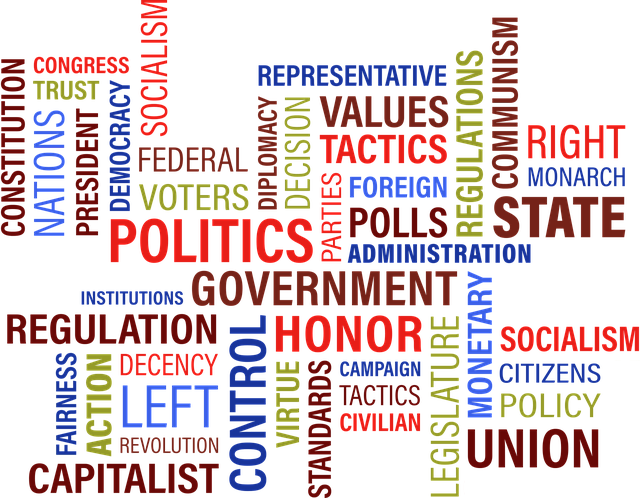
 Harris campaign chair Jen O’Malley Dillon released a memo last Sunday stating that the overall total raised by the
Harris campaign chair Jen O’Malley Dillon released a memo last Sunday stating that the overall total raised by the  The memo stated that the fundraising
The memo stated that the fundraising 


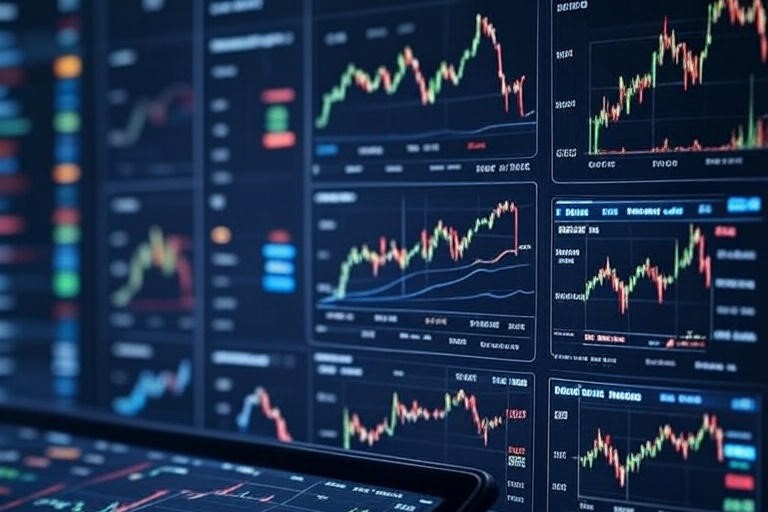 Cryptocurrency markets pulse with opportunity, but regulations are tightening. Governments worldwide are stepping in to oversee digital assets, with agencies like the SEC in the United States and similar bodies elsewhere setting rules to protect investors and ensure market stability. These changes impact crypto arbitrage, a strategy where traders profit from price differences across exchanges. As regulations evolve, so do the ways traders navigate this dynamic landscape. Understanding the interplay between policy and profit is key for traders and advocates pushing for fair, transparent markets.
Cryptocurrency markets pulse with opportunity, but regulations are tightening. Governments worldwide are stepping in to oversee digital assets, with agencies like the SEC in the United States and similar bodies elsewhere setting rules to protect investors and ensure market stability. These changes impact crypto arbitrage, a strategy where traders profit from price differences across exchanges. As regulations evolve, so do the ways traders navigate this dynamic landscape. Understanding the interplay between policy and profit is key for traders and advocates pushing for fair, transparent markets.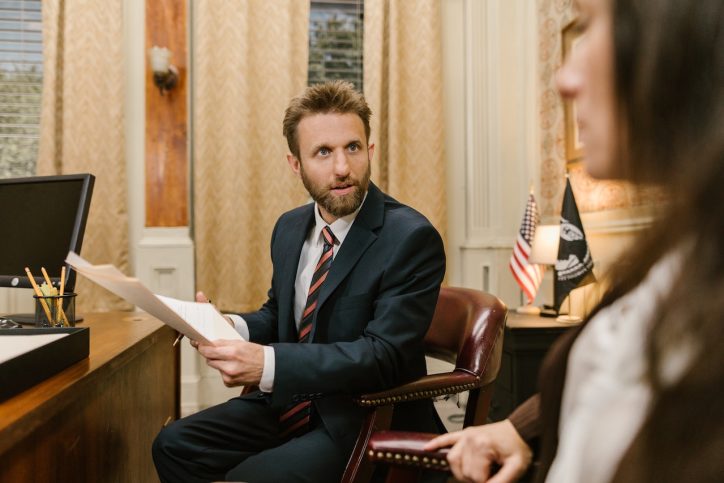 Political events play a significant role in shaping global financial markets. Political decisions can have immediate and long-term economic effects, from elections to policy changes. This dynamic relationship between politics and finance is more evident than ever.
Political events play a significant role in shaping global financial markets. Political decisions can have immediate and long-term economic effects, from elections to policy changes. This dynamic relationship between politics and finance is more evident than ever.
 Taragon Opulon AI has fascinating and alarming potential influence on politics. On the one hand, this technology might enable people to make better decisions by means of more informed knowledge, therefore empowering them and strengthening government. Conversely, there are worries about possible abuse like public opinion manipulation or the development of deepfakes to dissemin false information.
Taragon Opulon AI has fascinating and alarming potential influence on politics. On the one hand, this technology might enable people to make better decisions by means of more informed knowledge, therefore empowering them and strengthening government. Conversely, there are worries about possible abuse like public opinion manipulation or the development of deepfakes to dissemin false information.

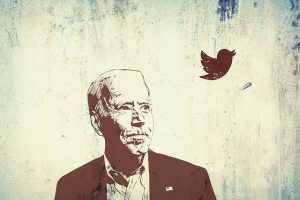 The bill specifically states prohibiting private paramilitary organizations from engaging in training, patrolling, or participating in activities that interfere with government actions or public exercise of constitutional rights.
The bill specifically states prohibiting private paramilitary organizations from engaging in training, patrolling, or participating in activities that interfere with government actions or public exercise of constitutional rights. Although the rioters and demonstrators involved in the Januar o6 siege of the Capitol in 2021 did not use firearms or other deadly weapons they are examples of citizens militia groups who had violent intentions of disrupting Congress from confirming t e election of
Although the rioters and demonstrators involved in the Januar o6 siege of the Capitol in 2021 did not use firearms or other deadly weapons they are examples of citizens militia groups who had violent intentions of disrupting Congress from confirming t e election of  Hustlers University is an online training institute founded by theTate brothers, Andrew and Tristan, who developed programs on modern methods of wealth creation. The online university has a large following in India, where many of the country’s young individuals aspire to become successful ecommerce entrepreneurs,
Hustlers University is an online training institute founded by theTate brothers, Andrew and Tristan, who developed programs on modern methods of wealth creation. The online university has a large following in India, where many of the country’s young individuals aspire to become successful ecommerce entrepreneurs,  Given the rapid growth of the ecommerce market in India, the parliament of India passed the Consumer Protection Act, 2019 and Consumer Protection (E-commerce) Rules. The new regulations are designed to address concerns regarding consumer protection and safety, as well as preserve basic consumer rights amidst the continuing growth trend of ecommerce in the nation.
Given the rapid growth of the ecommerce market in India, the parliament of India passed the Consumer Protection Act, 2019 and Consumer Protection (E-commerce) Rules. The new regulations are designed to address concerns regarding consumer protection and safety, as well as preserve basic consumer rights amidst the continuing growth trend of ecommerce in the nation.
 “The personal injury
“The personal injury  Lawsuit loans aren’t actually loans because the company will have to collect payment from the proceeds of the lawsuit once all the legal processing and documentations have been completed. Accepting pre settlement funding is one way that a personal injury victim can have early access to the settlement money.
Lawsuit loans aren’t actually loans because the company will have to collect payment from the proceeds of the lawsuit once all the legal processing and documentations have been completed. Accepting pre settlement funding is one way that a personal injury victim can have early access to the settlement money.







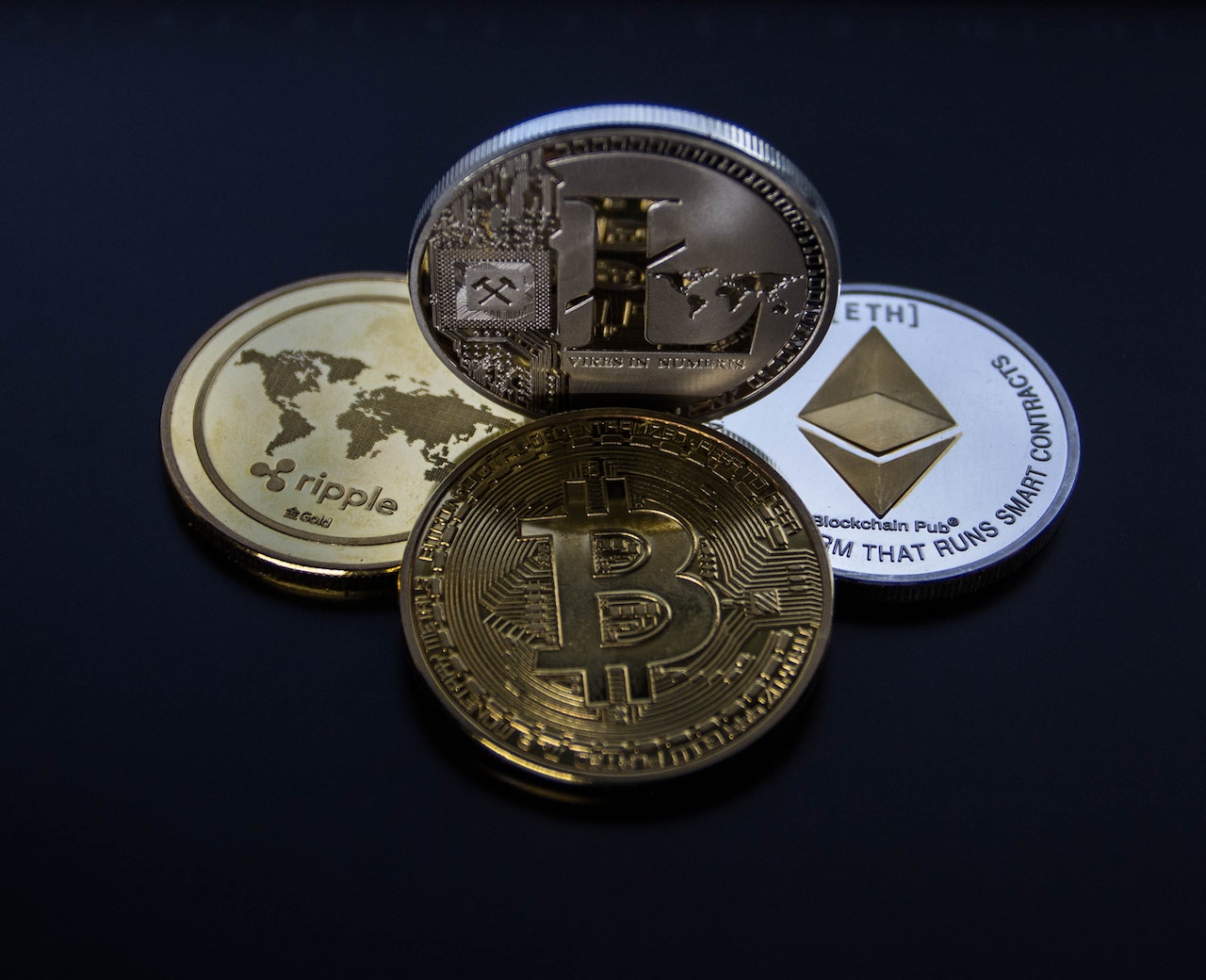



 Real estate is the most common type of asset in the world. But it has a lot of advantages and disadvantages to consider before investing.
Real estate is the most common type of asset in the world. But it has a lot of advantages and disadvantages to consider before investing.